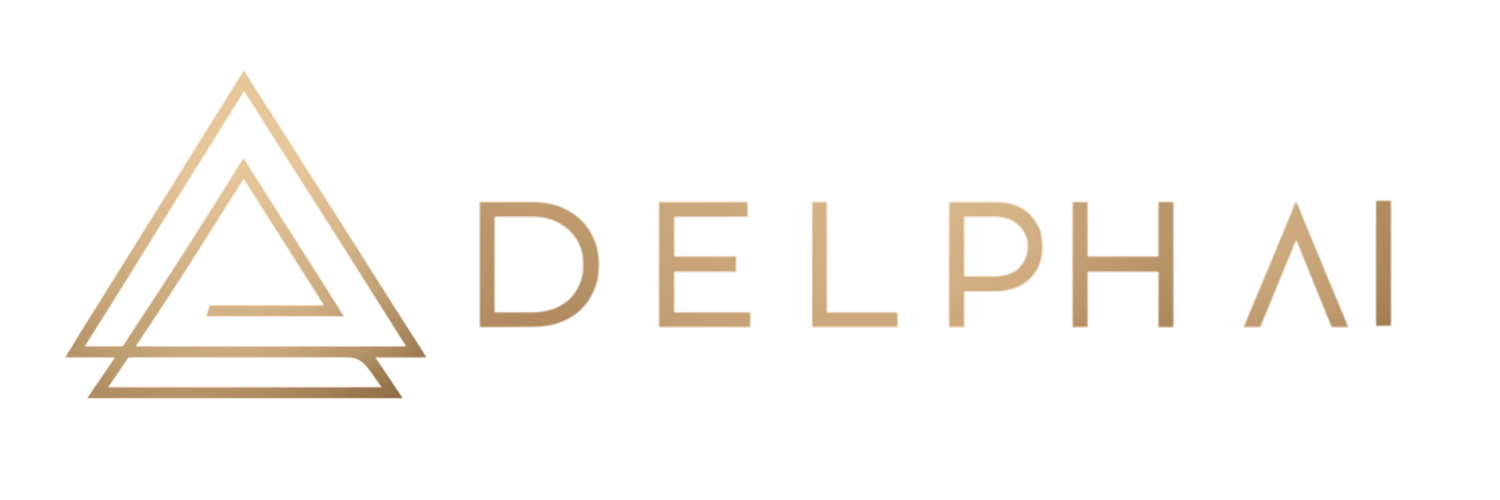General Questions
What is delphAI?
What is delphAI?
How does delphAI work?
How does delphAI work?
- A prediction market platform requests resolution from delphAI
- At the scheduled time, our AI (running in TEE) activates
- AI fetches data from specified sources
- AI analyzes data against resolution criteria
- AI submits the outcome onchain with cryptographic proof
- Platform receives the result and handles payouts
What can I do with delphAI?
What can I do with delphAI?
Which blockchains does delphAI support?
Which blockchains does delphAI support?
- Ethereum
- Polygon
- Arbitrum
- Base
Technical Questions
What is a TEE (Trusted Execution Environment)?
What is a TEE (Trusted Execution Environment)?
- Code Integrity: Nobody can modify the AI code running inside
- Data Confidentiality: Data processed inside TEE is encrypted
- Attestation: Cryptographic proof that genuine code is running in genuine hardware
How do I verify resolutions are trustworthy?
How do I verify resolutions are trustworthy?
- TEE Attestation: Cryptographic proof the resolution came from secure hardware
- Code Hash: Identifier of the exact AI version that resolved
- Data Proofs: Evidence of data sources queried and responses received
- Timestamp: When resolution occurred
What data sources can delphAI access?
What data sources can delphAI access?
- Crypto Prices: CoinGecko, CoinMarketCap, DEX APIs
- Sports: ESPN, official league APIs, The Sports DB
- Weather: OpenWeatherMap, NOAA
- Financial: Yahoo Finance, Alpha Vantage
- Onchain Data: Etherscan, The Graph, blockchain data
- News/Events: Official sources, Reuters, AP
How accurate is the AI?
How accurate is the AI?
- Criteria Clarity: Well-defined criteria = higher accuracy
- Data Sources: Reliable sources = better results
- Question Objectivity: Objective questions easier to resolve
What happens if the AI is unsure?
What happens if the AI is unsure?
- Resolution is not automatically submitted
- Market is flagged for review
- Platform can implement dispute/manual resolution fallback
- Resolution can be retried after more data is available
How much does it cost to use delphAI?
How much does it cost to use delphAI?
- Resolution Fee: Small fee per market resolution (TBA)
- Gas Costs: Standard Ethereum gas for transactions
- Platform Fees: Any fees your platform charges users
Integration Questions
How do I integrate delphAI into my platform?
How do I integrate delphAI into my platform?
- Deploy your prediction market contract
- Call
delphAI.createMarket()with creation fee when creating markets - Store the returned marketId
- Poll
delphAI.getMarket(marketId)to check resolution status - When resolved, use the outcome to distribute winnings on your platform
Do I need to run any infrastructure?
Do I need to run any infrastructure?
- TEE servers
- AI execution
- Data fetching
- Onchain submission
Can I test before going live?
Can I test before going live?
- Sepolia
- Mumbai (Polygon)
- Arbitrum Sepolia
- Base Sepolia
What smart contract interface do I need to implement?
What smart contract interface do I need to implement?
Can I use delphAI for non-prediction market use cases?
Can I use delphAI for non-prediction market use cases?
- Insurance payouts (e.g., flight delay insurance)
- Conditional payments (e.g., milestone-based releases)
- Automated decision making
- Data verification
Security Questions
Is delphAI safe to use?
Is delphAI safe to use?
- TEE Security: Hardware-level code and data protection
- Audited Contracts: Smart contracts audited by leading firms
- Cryptographic Proofs: All resolutions include verifiable proofs
- Open Source: AI logic is transparent and auditable
What if the TEE is compromised?
What if the TEE is compromised?
- Multiple TEE technologies (Intel SGX, AMD SEV)
- Attestation verification catches compromised TEE
- Platforms can reject resolutions from unknown TEE versions
- Dispute mechanisms for contested resolutions
What if data sources go down?
What if data sources go down?
Can resolutions be disputed?
Can resolutions be disputed?
- User stakes tokens to dispute resolution
- Community reviews the evidence (attestation + proof)
- If dispute valid: User gets stake back + reward
- If dispute invalid: Stake is slashed
Has delphAI been audited?
Has delphAI been audited?
Resolution Criteria Questions
How do I write good resolution criteria?
How do I write good resolution criteria?
- Specific: Name exact data sources and APIs
- Clear: Unambiguous YES/NO or outcome logic
- Timed: Exact resolution time with timezone
- Complete: Handle edge cases and failures
- Verifiable: Based on objective data
What makes a bad resolution criterion?
What makes a bad resolution criterion?
- ❌ Vague questions: “Will BTC do well?”
- ❌ Subjective criteria: “Will the movie be good?”
- ❌ No data source: “Check the price”
- ❌ Ambiguous timing: “End of year”
- ❌ No backup plan: Single data source with no fallback
Can I use subjective criteria?
Can I use subjective criteria?
How do I handle ties or edge cases?
How do I handle ties or edge cases?
Troubleshooting
Resolution is taking longer than expected
Resolution is taking longer than expected
- Data source delay: Source hasn’t updated yet
- Low confidence: AI waiting for more data/confirmation
- Network congestion: Transaction pending in mempool
- Criteria unclear: AI unsure how to resolve
getResolution(marketId). If still pending after expected time, contact support.My callback function isn't being called
My callback function isn't being called
- ✅ Does your contract implement
IPlatformCallback? - ✅ Is the function marked
external? - ✅ Is it callable by delphAI oracle address?
- ✅ Does it have access control restrictions?
- ✅ Is your contract verified on block explorer?
Resolution confidence is always low
Resolution confidence is always low
- Vague criteria: Make criteria more specific
- Unreliable sources: Use established data providers
- Ambiguous question: Rephrase question clearly
- Data unavailable: Wrong data source or endpoint
- Too early: Resolution time before data available
Attestation verification failing
Attestation verification failing
- You’re using the correct attestation verification library
- You’ve approved the code hash for this AI version
- Attestation hasn’t expired (check timestamp)
- TEE address is authorized
